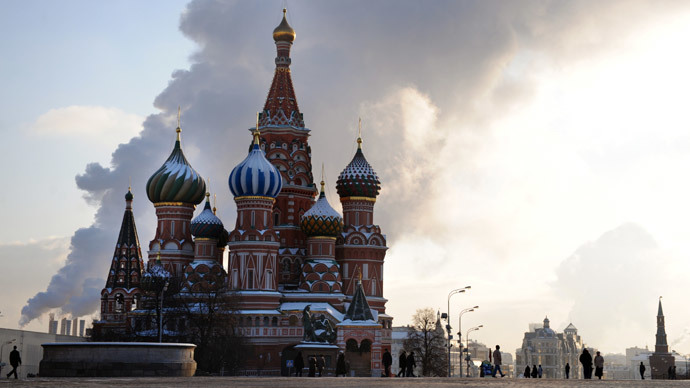Future climate regime: The Russian point of view

The world’s climate and weather patterns are changing. Global temperatures are rising, causing more extreme weather events, like flooding and heat waves.
A potential threat of these global processes for the population and the economy of our countries remains quite tangible.
Russia is actively working on tackling climate change. Over the past two decades Russia has been keeping emissions at 31% below its 1990 level, despite the fact that the country's GDP has increased by 12% over the same period. Our national goal is to keep greenhouse gas emissions by 2020 at less than 75% of the emissions in 1990. We plan to achieve this through implementation of national programmes to reduce emissions and develop renewable energy sources.
The wide range of measures in the form of national programmes, laws and regulations, and administrative procedures aimed at increasing Russia's contribution to solve the climate problem, includes the Climate Doctrine of the Russian Federation and a comprehensive action plan for its implementation, the Presidential Decree on measures to improve energy and ecological efficiency of the Russian economy, the Federal Law on Energy Conservation, the 2030 Energy Strategy of Russia, the Presidential Decree “On the reduction of greenhouse gas emissions” and the Order of the Government of the Russian Federation for its implementation. All these measures are designed to ensure that the cumulative reduction of greenhouse gas emissions will reach 30 billion tons of CO2 equivalent by 2020.
Meanwhile, it is important to continue working on a new international agreement on climate change - a comprehensive agreement that builds on the positive achievements of the Kyoto Protocol and eliminates weaknesses in the current climate regime in order to become a solid foundation of long-term climate settlement, balanced in all its aspects - scientific, environmental, economic and political. It shall conform to the realities of the 21st century and bring together all the major emitters of greenhouse gases.
It is crucial for a future agreement to be in the form of obligations not only by developed countries, but also by developing ones. One cannot ignore changes in the economic and technological development of the world, including the accession of a number of parties to the UNFCCC (United Nations Framework Convention on Climate Change)/KP (Kyoto Protocol) to the OECD, the increased level of their GDP, etc. At the same time we do not reject the principle of “common but differentiated responsibilities”. We believe that the content of climate commitments and actions by developed and developing countries may be different, but they should be reflected in a single international legal instrument. Short of this, it will just be useless.
It is also important for the post-2020 agreement on climate to create incentives for all countries to implement climate measures and policies in an economically sound way. The only reasonable method is for each country to set its own commitments in keeping with its level of socio-economic development, natural and geographical characteristics, and financial and technical capacity.
Russia aims to continue to actively participate in the negotiations and to engage with all stakeholders in the spirit of transparency, strict observance of the rules of procedure, respect for the interests of all states, collective responsibility and compromise in order to strike a genuine consensus and strengthen efforts for an early finalization of a new legally binding climate regime. The 2015 UNFCCC Conference in Paris has an ambitious target – to conclude a new agreement. We believe it is achievable, and we will contribute to that.
The statements, views and opinions expressed in this column are solely those of the author and do not necessarily represent those of RT.
The statements, views and opinions expressed in this column are solely those of the author and do not necessarily represent those of RT.













